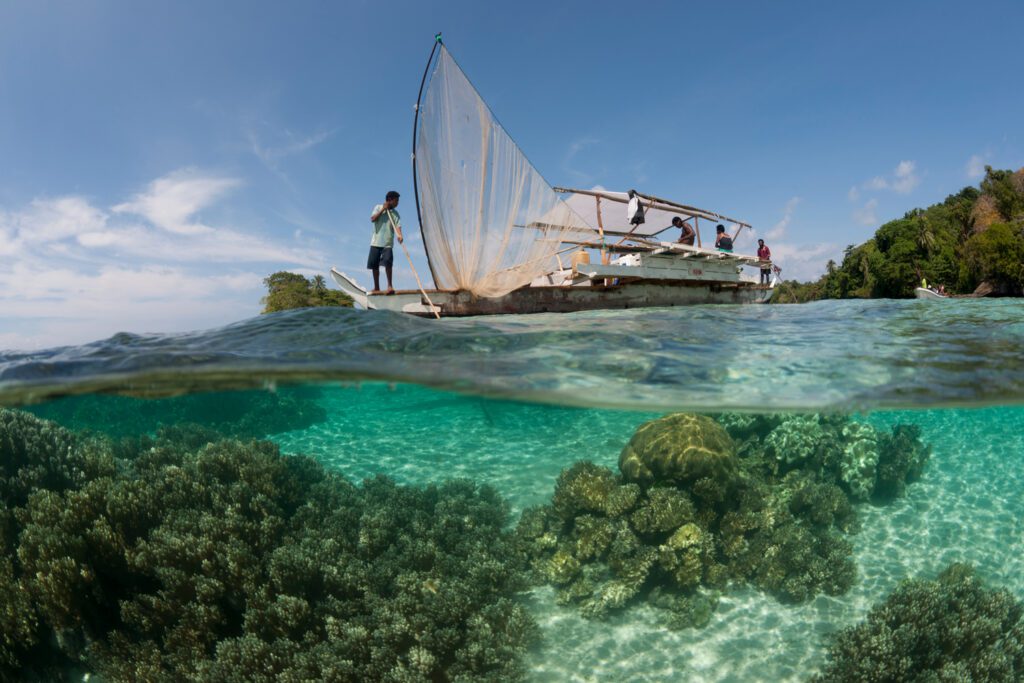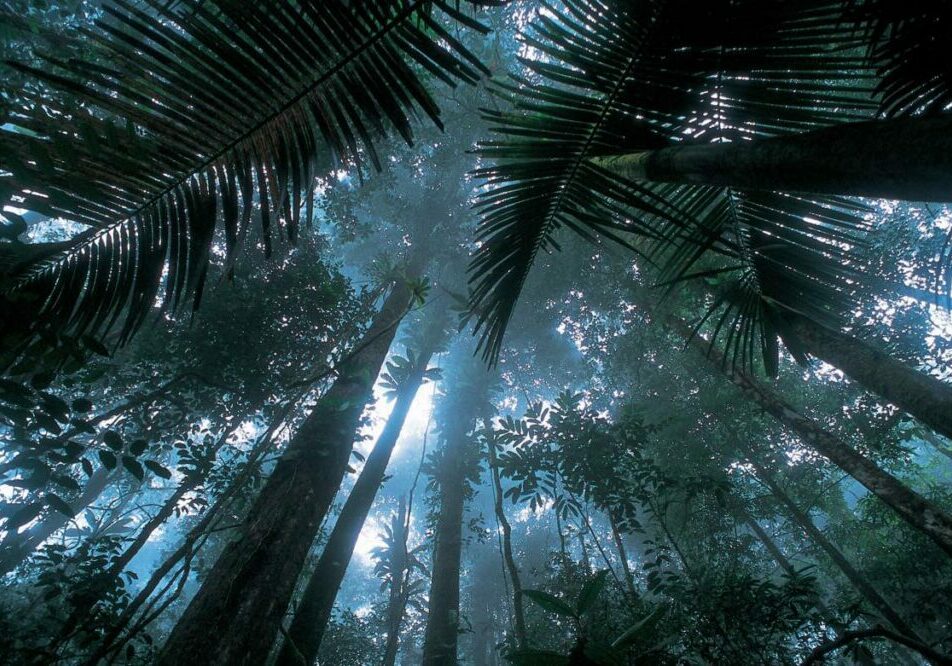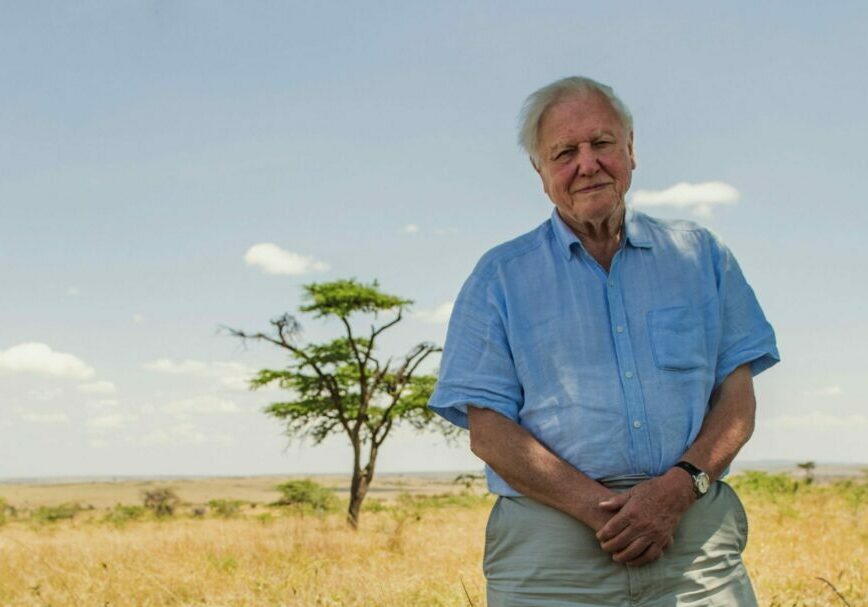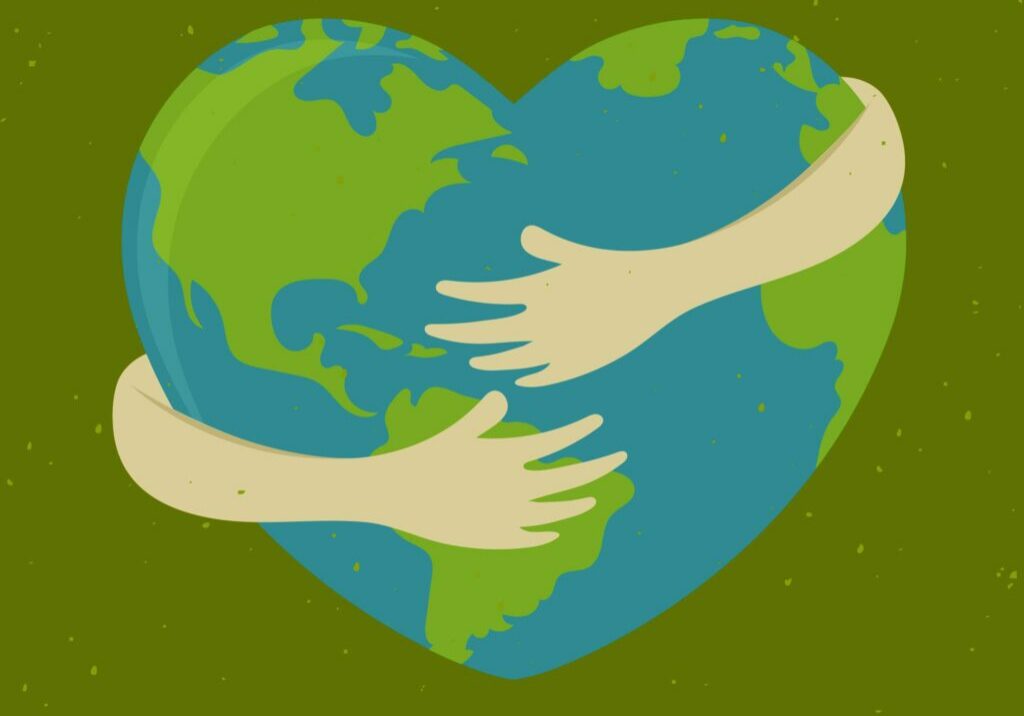
For anyone who might not know, what is the Living Planet Report?
I think it’s the most authoritative guide to the state of the planet. It looks at 32,000 populations of over 5,000 species across the globe and assesses them compared to a baseline from 1970. The report says how they’re all doing. And the answer is, on average, they’re doing extremely badly.
What were some of the topline findings in the latest report?
To me, it’s an overriding story that despite all the promises we’ve been hearing from politicians and business leaders, saying ‘we commit to nature’, we’ve not seen that translated into enough action. We’re still not seeing a genuine turning of the corner.
The report includes the biodiversity crisis and the rate of decline. What are we talking about when we say ‘nature loss’?
I think many people struggle with the idea of catastrophic decline. We hear it on the news but we look out the window and see a fairly green, pleasant landscape. To use an analogy, it’s like going into an enormous library – a collection of all human knowledge. Biodiversity is akin to this – the extraordinary sum of billions of years of evolution. We’re standing in the doorway of the library and we see all these books, so we think all is good. But then when we get closer to the shelves, we realise some books are missing – because some species have gone extinct. And when we look even closer we recognise that instead of having millions or billions of different books, we have thousands and thousands of the same book. We’re moving from a world that’s rich and vibrant to one that’s increasingly depleted and bland.
How worried should we be, given the findings in this report?
I think we have to be worried – for ourselves, but also for subsequent generations, because we’re leaving a really poor and costly legacy if we don’t address it now. But actually, if I’m being really honest, I think we should be angry because we’re not seeing that critical shift in focus, that shift in commitment and ambition to turn things around when it’s absolutely within our gift to do that.
Where does the UK stand when it comes to biodiversity and nature loss?
The UK isn’t doing terribly well. If you look at the Living Planet Index numbers, it looks like Europe is doing quite well. But that’s because the report starts in 1970, and we had ravaged nature well before 1970. In fact, the UK is in the bottom 10% of all countries around the world. How is that possible on this island of nature lovers? When I think about what I saw as a boy and then what I can go and see with my grandson, they are incomparable. We’ve lost so much within my lifetime. It makes me sad, but it also fires me up to try and turn it around, to make it better.

© JÜRGEN FREUND / WWF
What sort of things need to be done to slow the decline?
First and foremost, we have to make good on all the promises and commitments that have already been made. There was nothing wrong with them. The problem is that there’s been no follow-through or, as we’ve seen in the UK, there have been attempts to roll back on those commitments or to water down or dodge them completely. So we need to understand the scale of the threat and the urgency required, and make sure our response is commensurate with that.
We need to better unleash green finance – so ask the government to make it easy and accessible for people to invest in the right things. And I’m not talking about opening up new gas and oil reserves in the North Sea, or new coal fields. Let’s put the money into something forward-facing as opposed to returning to the Industrial Revolution. Let’s have proper visionary thinking that will drive a transition to a greener economy.
We talk about governments making better, greener choices, but what can people do every day?
I think we’re part of that collective push towards a better way of living. We can talk to our politicians, of course, but a new initiative is coming out – People’s Plan for Nature, which WWF is doing alongside other environmental groups in the UK. Essentially, it’s inviting everyone around the country to share ideas of how you want to protect and restore nature in the UK, and we can use that to compel decision-makers, saying: ‘look, this is what people are truly pushing for’.
There’s so much we can do around the house, of course. It’s front and centre at the moment how we can be more energy efficient. And we know one of the biggest drivers for habitat loss and species decline is the food system. We lose or waste about a third of the food we produce. How can we reduce that? Just buying what we need is a good start. How do we move more towards eating less processed food? It’s not about becoming vegetarian or vegan; it’s about being more conscious consumers, to be more aware of where your food comes from so we can make more informed choices.
Is this going to be enough or is it too late?
Categorically, we’re not too late. But also, clearly, the longer we delay, the more difficult it will be and the more costly it will be to respond. It’s very easy to dwell on the negative, but I’d urge all of us to collectively see this moment as the opportunity that it really is. And when I say collectively, I mean you, me, our businesses, our politicians – it’s all of us.
Because if we do respond to that urgency and with true commitment, we’ll be doing the right thing for nature and climate and also, critically, we’ll be carving out a better future for people, with all the economic, social and wellbeing benefits that that will bring. It’s a win-win.
Hear more from Mark
To hear the interview in full, or listen to an exclusive bonus episode, subscribe to our podcast. Just search for Call of the Wild wherever you listen to podcasts, or visit our Call of the Wild site
More to explore

Living Planet Report reveals nature in crisis
Wildlife population sizes around the world are in decline, with biodiversity and human livelihoods under threat. Our 2022 Living Planet Report shows that urgent action is needed – but change is possible

